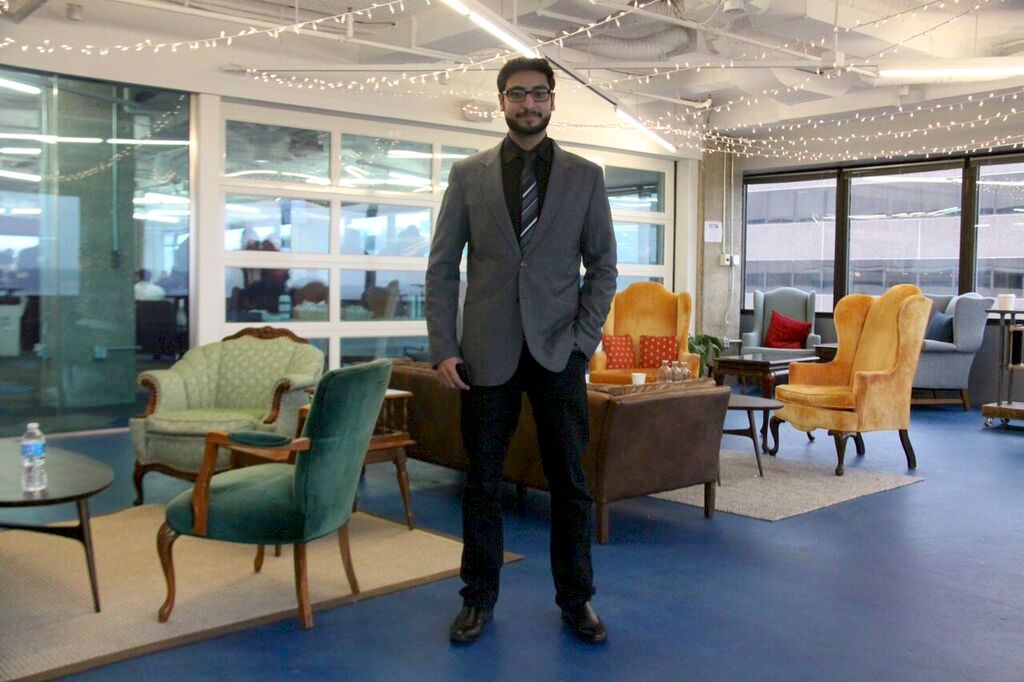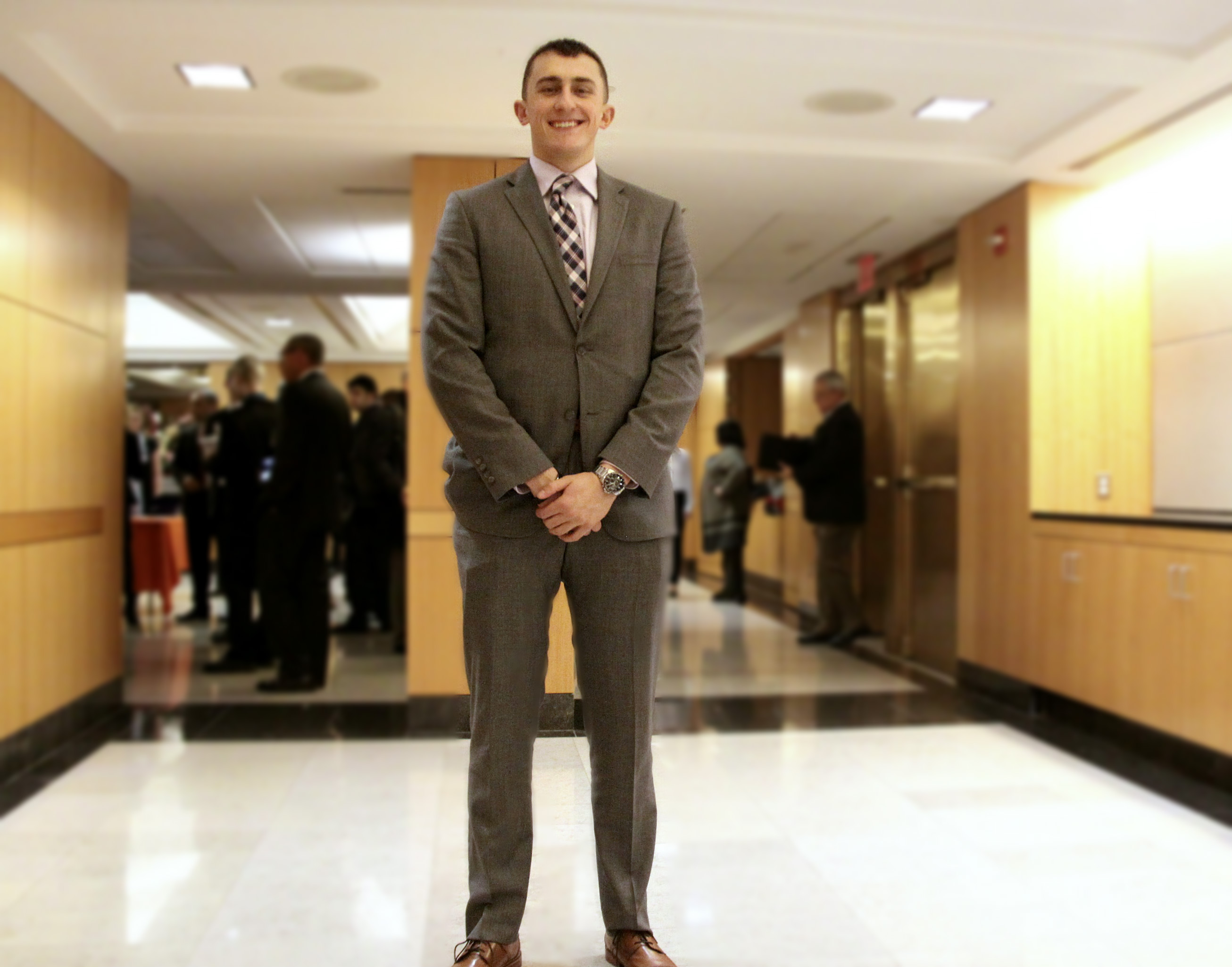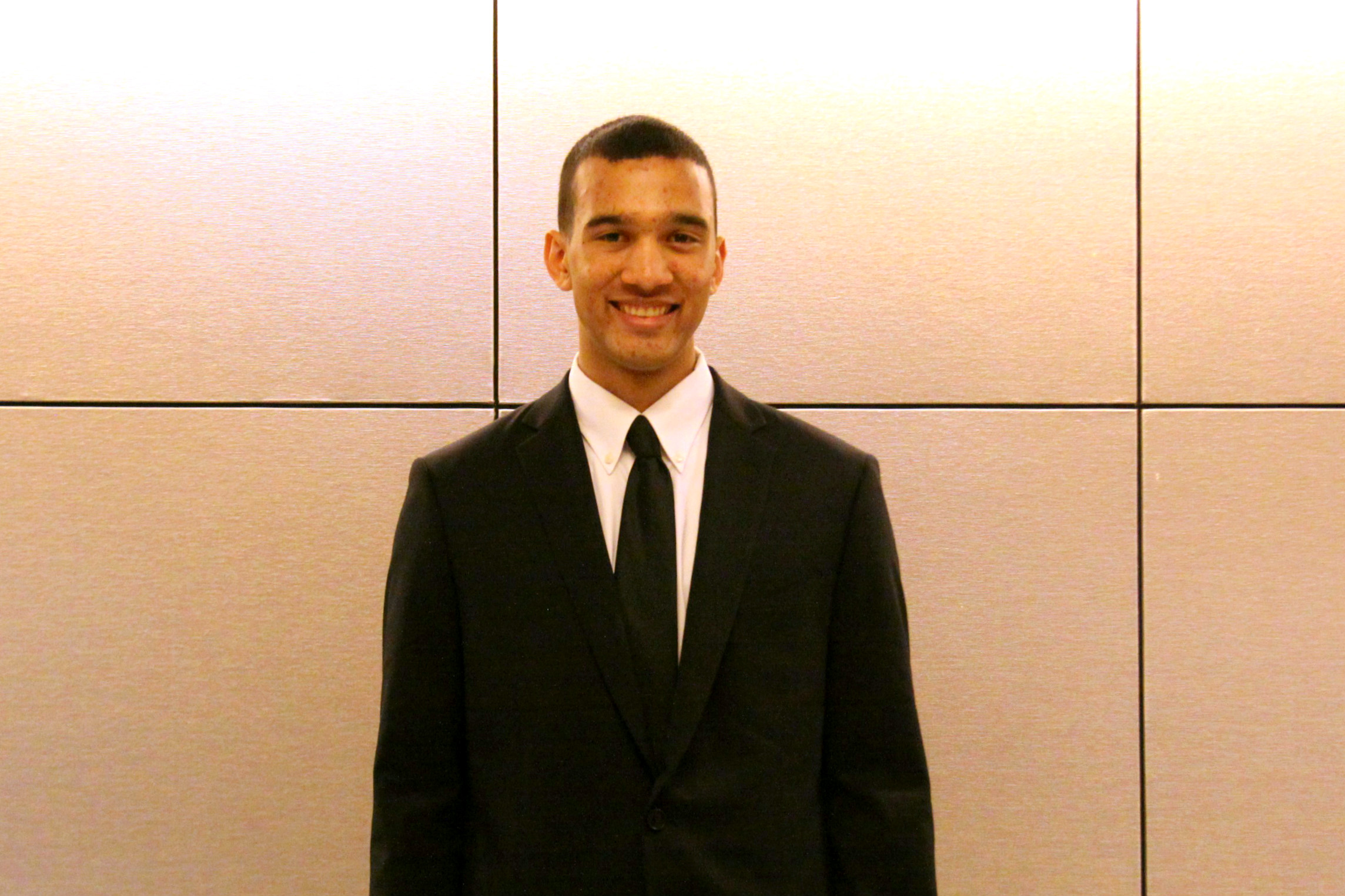Violent extremist groups like ISIS are infamous for producing sleek propaganda online, convincing tens of thousands of young men and women to join their cause.
In an attempt to counter those recruitment efforts and subsequent violent extremist acts, the U.S. government has convened tech-savvy college students from around the world to create anti-radicalization media campaigns.
All 45 projects entered in the latest round of the international competition contained similar web and social media elements. But the students that crafted these campaigns came to the competition with vastly different experiences with violent extremism.
For instance, students from Lahore University of Management Sciences in Pakistan have learned to live with the daily threat of terrorism.

Dr. Taimur Rahman is a political activist and political science professor at LUMS. (Courtesy of LUMS)
Dr. Taimur Rahman: Naturally, I think if you look at the statisticsthere are estimates that about 80,000 people have lost their lives in Pakistan as consequence of the war on terror. Forty-five thousand of them were civilians, 5,500 of them were army personnel and 5,000 are said to have been militants, so the scale of the war in Pakistan - in certain regions of Pakistan - it’s a full-fledged civil war.

Basil Saeed is an undergraduate at LUMS majoring in economics and political science. (Kirk Carapezza/WGBH)
Basil Saeed: We actually have to go to the university under the shelter of some snipers who are sitting on the roof of the university so it’s terrible. Actually, we have gotten used to it by now but when we tell others that this is how we are protected… they’re just shocked… But that is something that you actually go through everyday.

Mashel Imrin is a senior at LUMS studying English and political science. (Kirk Carapezza/WGBH)
Mashel Imrin: There are regular terrorist drills. We know that young children have to be equipped with measures - how to protect themselves from particular terrorist attacks - so that has a psychological debilitating impact on [you], and you have to struggle with that impact every single day when you go to university… The only thing children should fear is exams but we fear terrorism... So that part is hard to explain and it’s terrible especially for us as girls in Pakistan.
But for the group of competitors hailing from the United States, the threat of terrorism is not as imminent. The group from West Point Military Academy in New York created a campaign aimed at building a community for those who want to share their personal stories of Jihad to the world.

CJ Drew is a senior at West Point majoring in Defense and Strategic Studies and Arabic. (Kirk Carapezza/WGBH)
CJ Drew: I think we have to keep it in perspective but at the same time we don’t want to be behind the ball on this. We want to be ahead of the curve and making sure we do the right thing before it’s too late and I think with programs such as these, we’re able to get ahead of the terrorists and the violent recruiting that occurs across the world.

David Weinmann is an undergraduate at West Point studying international relations. (Kirk Carapezza/ WGBH)
David Weinmann: Definitely around the world the threat is greater than here in the US.However, I think that the organizations that we’re working against would love to have a greater foothold here in the minds of at-risk youth or other individuals who might be drawn to their cause and I think that if we fall behind in this constant struggle that they’re going to take advantage of that opportunity and it’s not going to be a good day for the United States.
>> To listen to the participants' stories, click on the play button at the beginning of their remarks above.










